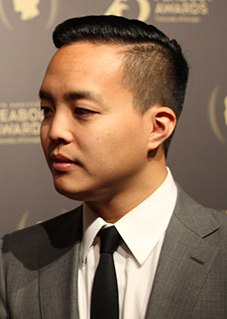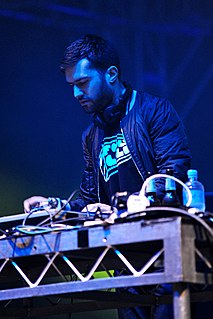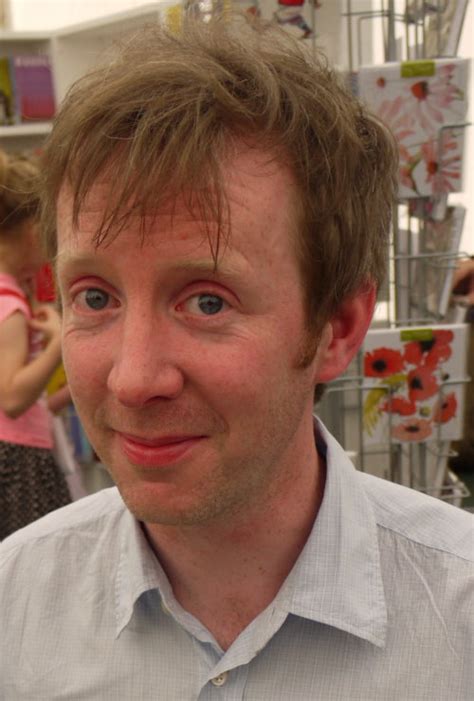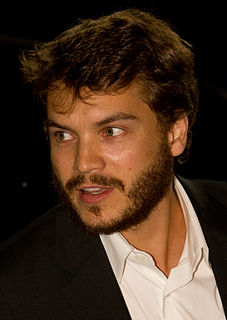A Quote by Jason Katims
Any show I'm working on, I want the stories to always be about something, and to have the potential to be emotional. That's the kind of story that I like.
Related Quotes
So you want another story?" Uhh... no. We would like to know what really happened." Doesn't the telling of something always become a story?" Uhh... perhaps in English. In Japanese a story would have an element of invention in it. We don't want any invention. We want the 'straight facts,' as you say in English." Isn't telling about something--using words, English or Japanese--already something of an invention? Isn't just looking upon this world already something of an invention?
It's like fiction - the fact that somebody's telling you a story about people who didn't exist doesn't make the experience of the story any less real in your heart and mind. You go through heavy emotional responses to these stories, and wrestling is a similar thing - but it's happening in real space.
Sure, kids want to read whatever is the hot book, and of course they want to read fantasy and any kind of speculative fiction, but they also like to read stories with kids that look just like them, that have the same problems as them. And I've noticed that what they particularly want to see is to see those characters prevail. So they don't want sanitized situations. They want stories to be raw, they want them to be gritty, but they also do want to see the hope at the end of the story.
I am very excited to work with people who have a strong vision of what they want. They're trying to tell a story, and they want to use me. I'm there to facilitate that. I really like that. I'm like, "Tell me where your frame is. Tell me what you want, what kind of story you want, and I will facilitate it." That's sort of my job, and it makes my work better when I'm working in that kind of a frame, and hopefully it's their work. It's incredibly collaborative, in the sense that you're working toward a common goal.
One of the things that I was kind of holding on to from 'The Daily Show' was there was an exhaustion that I would feel because we just kind of got caught up in the news cycle. You tell a story, and that's an interesting story, and then the next day we have to drop it and talk about something else. That's so unfair to the story and the people.
I think Grace [Dunham] and I are always working from a personal place, and the fact that these were issues that we'd been talking about in our own families really clicked, but also Jason's [Benjamin] passion about it and his clear sense that this was going to be something emotional and remarkable to watch. It was very hard not get excited about it and want to help in any way we could.
I love telling stories. When people interview me live I'm totally forthcoming about stories like that - as long as it's not going to be in print or recorded. It's just for whoever's in the audience. It's always been for me kind of fun and then everyone walks out of there, "She told this story about da da da" but nobody can prove it.
Maybe instead of strings it's stories things are made of, an infinite number of tiny vibrating stories; once upon a time they all were part of one big giant superstory, except it got broken up into a jillion different pieces, that's why no story on its own makes any sense, and so what you have to do in a life is try and weave it back together, my story into your story, our stories into all the other people's we know, until you've got something that to God or whoever might look like a letter, or even a whole word.
Well, it seems to me that there are books that tell stories, and then there are books that tell truths... The first kind, they show you life like you want it to be. With villains getting what they deserve and the hero seeing what a fool he's been and marrying the heroine and happy endings and all that... But the second kind, they show you life more like it is... The first kind makes you cheerful and contented, but the second kind shakes you up.
To get our universe, with all of its potential for complexities or any kind of potential for any kind of life-form, everything has to be precisely defined on this knife edge of improbability. [Y]ou have to see the hands of a creator who set the parameters to be just so because the creator was interested in something a little more complicated than random particles.






































